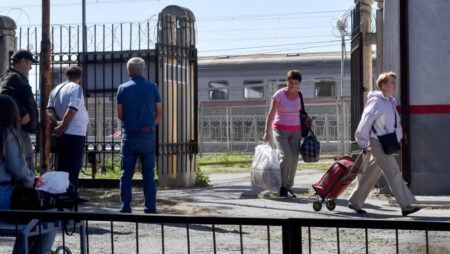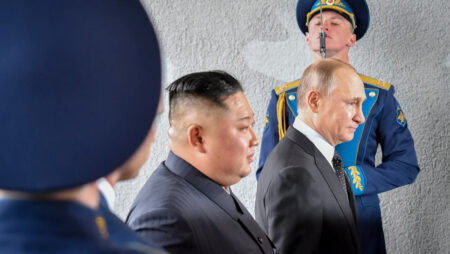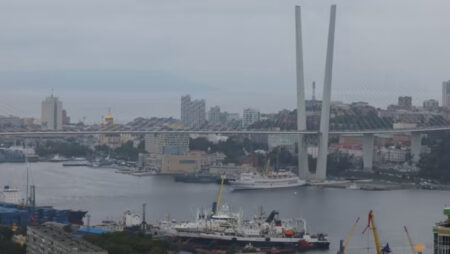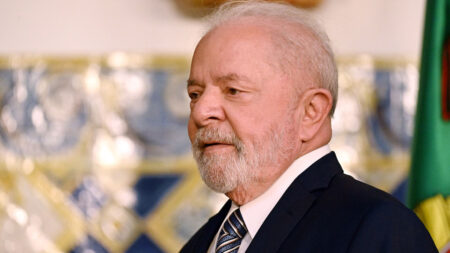After the Russian invasion of Ukraine, western allies are economically sanctioning Russia one after another. Now, Russian banks are not allowed to have foreign monetary transactions
The Global Finance arm, SWIFT, also sanctioned Russian Banks in the same series. It can be seen as the most disruptive sanction by the West.
Countries excluded from SWIFT cannot receive or make payments with foreign financial institutions. This Russia’s foreign trade transactions have been stopped.
This twisted Global finance arm can hurt Russia hard. The US, European countries, and western allies were threatening Russia for a week for its aggression against Ukraine.
As soon as Russia began its military operation in Ukraine on Saturday, NATO allies decided to sanction Russia using the SWIFT system.
They aimed to destroy the Russian Banking system by not allowing them to have foreign transactions with most countries.
Not all the banks of Russia have been cut from the main International Transaction gateway. Till now, SWIFT has sanctioned only top Russian Banks.
According to Sergei Aleksashenko, former Russian Central Bank deputy chairman,
“There is going to be a catastrophe on the Russian currency market on Monday.”
The move was supported by The US, Canada, The European Commission, The UK, Italy, Germany, and France.
Removing Russia from SWIFT was
“resolved to continue imposing costs on Russia that will further isolate Russia from the international financial system and our economies,”
said the joint statement issued by Global powers. Also, people across west were protesting to sanction Russia in SWIFT.
As per Rosswift, Russia has the second largest number of banks, after the US, having SWIFT membership. Approximately 300 Russian Financial Institutions are under it.
Russia also has its native financial systems- the SPSF system for bank transfers and the Mir system for credit and debit card payments, similar to Visa and MasterCard in India.
Background and Functioning of SWIFT
The Society for Worldwide International Financial Telecommunication (SWIFT) was founded in 1973 to replace dependence upon telex machines.
It does not handle the transactions themselves. Instead, it is a messaging system developed in the 1970s, allowing banks to interact securely, rapidly, and with low cost.
SWIFT is a cooperative of banks worldwide, based in Belgium. It claims to be neutral. As per available data, nearly 11,000 financial firms in over 200 countries are members of the SWIFT.
The global transaction gateway is overseen by the central banks from eleven industrial countries- Canada, France, Germany, Italy, Japan, the Netherlands, Sweden, Switzerland, the United Kingdom, the United States, and Belgium itself.
Implications of the move
Director of the Brussels-based Bruegel think tank, Guntram Wolff, told AFP, “the advantages and disadvantages are debatable.” He added, “Operationally, it would be a real headache” for European countries. This is because they depend largely on Russia for natural gas supply.
Russia is also one of the biggest exporters of oil. Excluding it from the global financial arm can lead to the formation of another analogue, especially with a coalition of countries like Russia and China.
World powers had earlier threatened Russia to remove from SWIFT in 2014 when it annexed Crimea.
The only country to be excluded from SWIFT is Iran. As a result, it lost its foreign trade to a large extent.
Edited By- Mahi Gupta
Published By- Pawan Rajput












